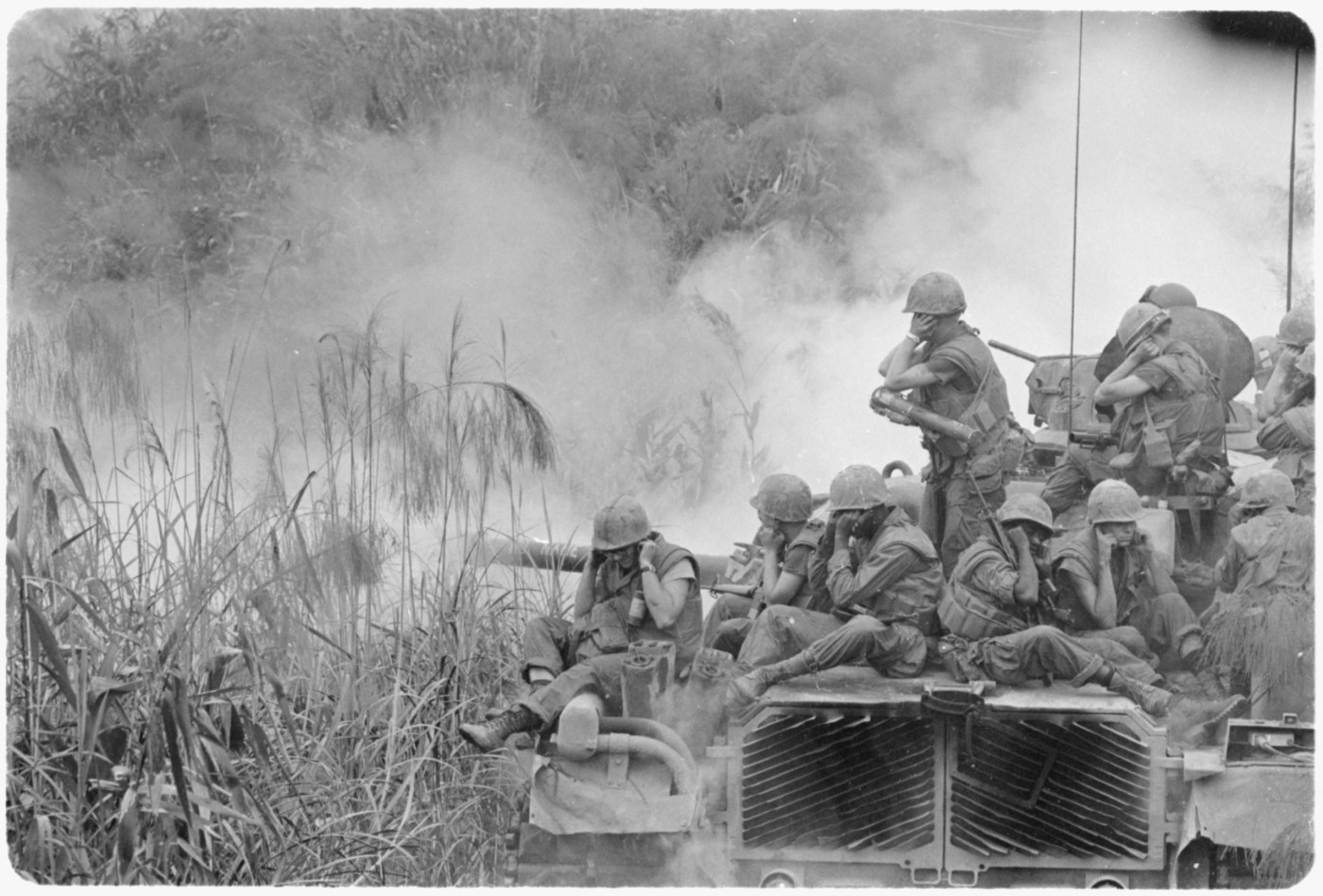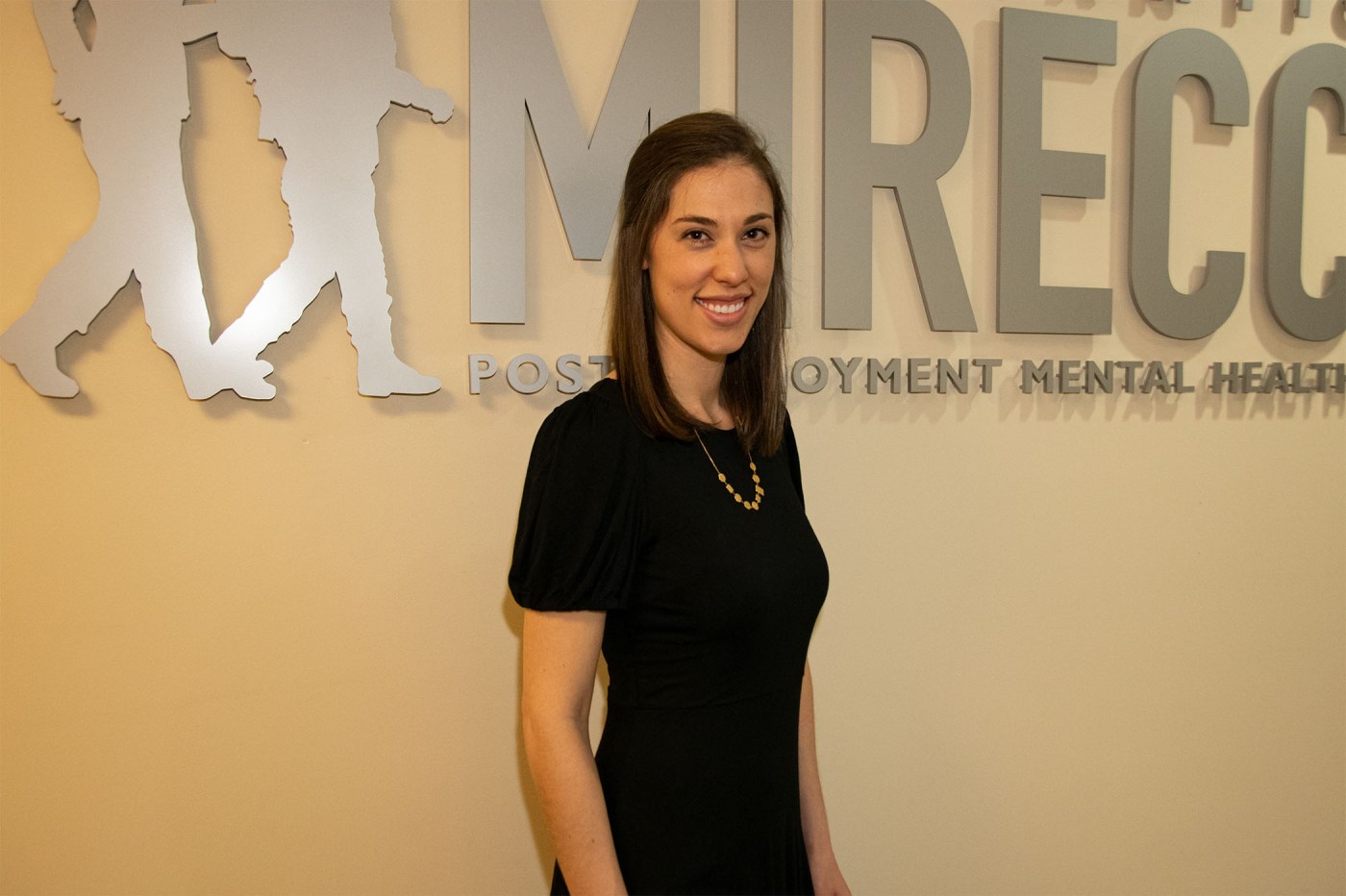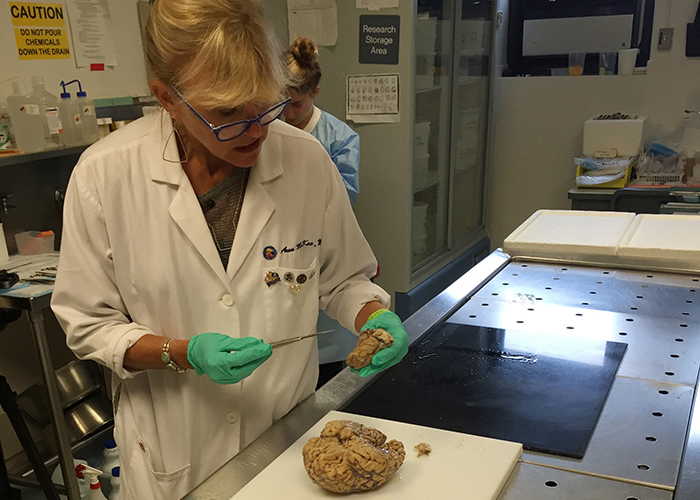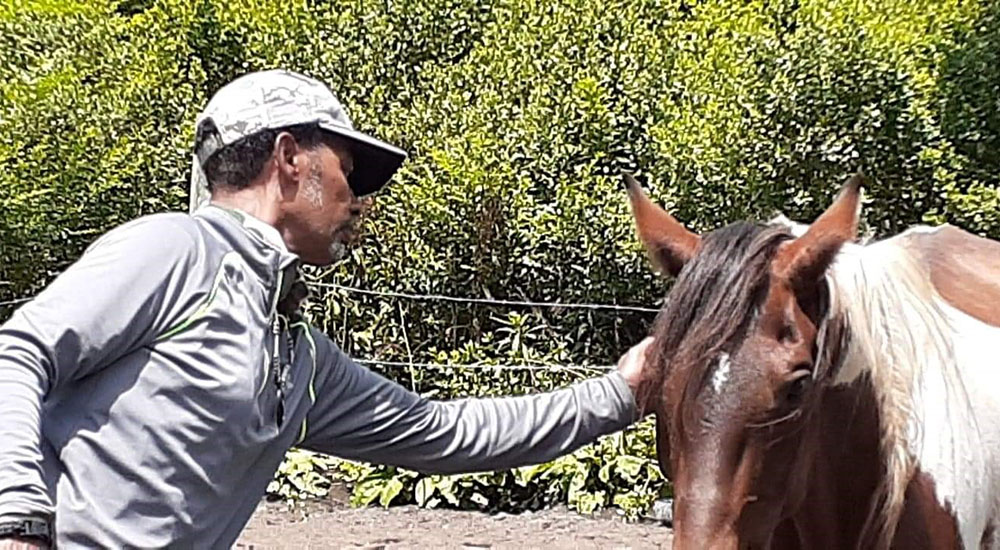Dr. Sheila Rauch, director of mental health research and program evaluation at the Atlanta VA Health Care System, led the study. Despite the surprising finding, she says Veterans with PTSD should not delay treatment thinking that their symptoms will improve over time.
Veterans are at high risk for experiencing potentially traumatic events during military service. Evidence also suggests that sexual minorities are at greater risk of PTEs, compared with heterosexual peers. However, few studies have documented how traumatic experiences may differ by sexual orientation among Veterans.
Alaska Navy Veteran works hard to better his mental health with VA tools to help him handle his PTSD. Asking for help is a sign of strength.
However, combat experience was not strongly linked to drinking to cope when the researchers adjusted for a person’s total number of PTSD symptoms.
The study, led by Dr. Matthew Girgenti of VA and Yale, is the first to pinpoint genetic changes related to PTSD that are specific to gender, and to certain brain subregions.
Katherine “Kay” Kerr, recreation therapist at Hampton VA, developed one of the first groundwork Equine-Assisted Service programs for Veterans with PTSD. Over 320 Veterans have completed the program.







